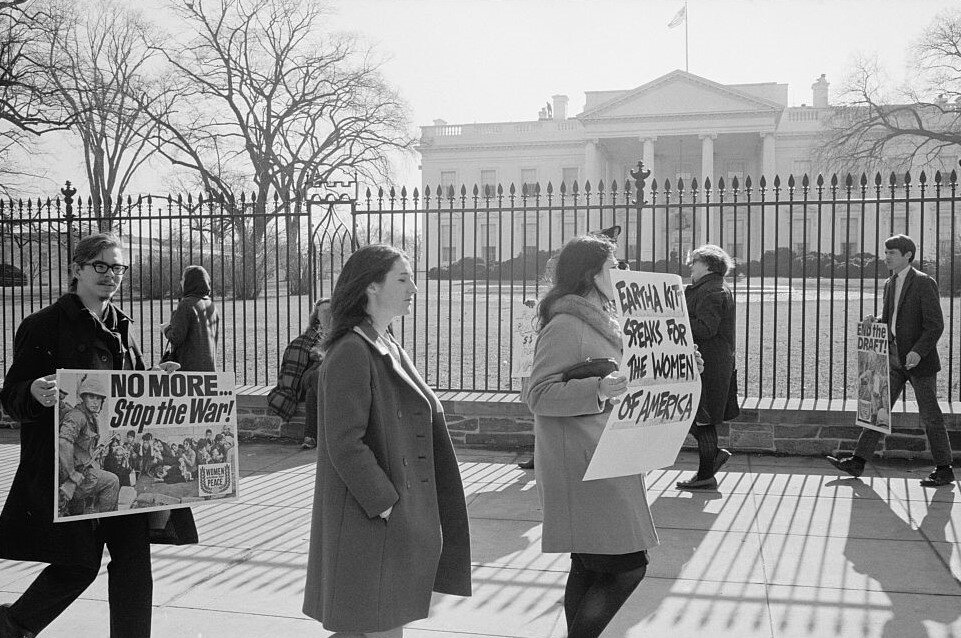The Bursting Room
By Martin Kleinman
May 13, 2018
It’s the time of year when teenagers start thinking of summer. Hopefully, summer jobs are already lined up.
Do you remember your high school or college summer job? I do. Back in the day, I was a Bronx-born kid at CUNY. That is, Lehman College, in the Bronx.
America’s tribes were dug in deep. Just like now. In one corner: “The Greatest Generation,” Nixon’s “Silent Majority.” And, in the other corner: Baby Boomers, the generation America’s loved to hate, since 1967.
Time Magazine’s cover story, “The Hippies,” broke in ’67 and by 1970 our social pressure-cooker was ready to blow. Four Viet Nam protesters at Kent State were shot on May 4th and the demonstrations here in New York intensified. Days later, the Bud chugging, hard hat white guys on Wall Street went berserk, red with rage, and broke heads.
And me? Depressed, distracted and disturbed, I continued my summer work as an office boy in Manhattan. It was a job I started at sixteen, back when I was a freshman.
The name of my department, appropriately enough for these tense times, was the Bursting Room.
The pay back then, in ’70, was two-fifty an hour, which is about sixteen bucks an hour in today’s world. I worked hard, about sixty hours a week, which meant OT Monday through Saturday and one Sunday a month. I felt as if I was rolling in dough. I made enough for all registration fees and books for the coming year, as well as for dollar tickets at the Schaefer concerts in Central Park and two-buck sport shirts at Joe’s Army-Navy on Fordham Road. Living large!
My co-workers were not college bound, or in school. They were young guys just back from Viet Nam, white ethnics and kids of color. The job involved several operations, and all were physically demanding and dirty: lift fifty-pound boxes of eight-part computer-run reports off a skid; run the reports through a decollator to remove the heavy, greasy rolls of carbon paper between each sheet; throw the filthy carbon into big barrels; take these individual report copies to massive bursting machines to trim and separate the pages.
We’d set up each job, flip a switch, and slowly at first, crank the speed dial so that the battery of four commercial caliber bursters popped the perforated pages apart, faster, faster, faster still, until rat-a-tat-tat – the cacophony evoked Hendrix’s searing song of the era, “Machine Gun.”
For the most part, I was accepted by the guys, who were all older than me. The recently returned vets, all of twenty-one, maybe a grizzled twenty-two, already had women, and some had kids. Just back from hell, they’d go to the men’s room and smoke hash, snort speed, or skin-popped smack. At lunch, over tall boys of Colt 45 and bubbling veal parm heros from Bono Brothers Deli on 28th Street, they told me lurid tales of nighttime firefights, Saigon sex, bar fights, dickhead DIs, and down-time boredom that drove them crazy enough to blow up water buffalo with their grenade launchers.
After lunch one particular day in the summer of ‘70, a guy with a misshapen skull, nicknamed appropriately enough Almond Head, put his forefinger to his lips and motioned for us to watch. He quietly puffed air into a brown paper bag, and slipped behind Ernest, a sweet tempered and very quiet vet with the physique of an NFL tight end. Ernest tucked into one of the deli’s piping hot veal parm heros, shook his head in delight and muttered, “Man, this tastes good like a mother…”
Boom! Almond Head pounded the paper bag with his fist and the recently-returned Ernest sprung three feet off his Steelcase swivel chair.
We soon learned that Ernest could really move fast, for a big man, as he chased Almond Head out of the Bursting Room, through the Keypunch Department, and down eight flights of stairs to safety.
Like many, Ernest had yet to acclimate to civilian life. Like many, he would go into the thousand-yard stare from time to time, half a world away, back to who knows what hell he’d faced on his tour.
It was a horrible, exhausting job, that Bursting Room, and yet the best job I ever had. In a way, I think those guys saved my life. Reading “All Quiet on the Western Front” as an assignment was one thing. Hearing about what a Claymore does to a man, from a recently returned vet who could have been my big brother, was quite another.
They, the young men of the Bursting Room, were home, safe and sound. Thanks to them, I was too.
